+8613776545860
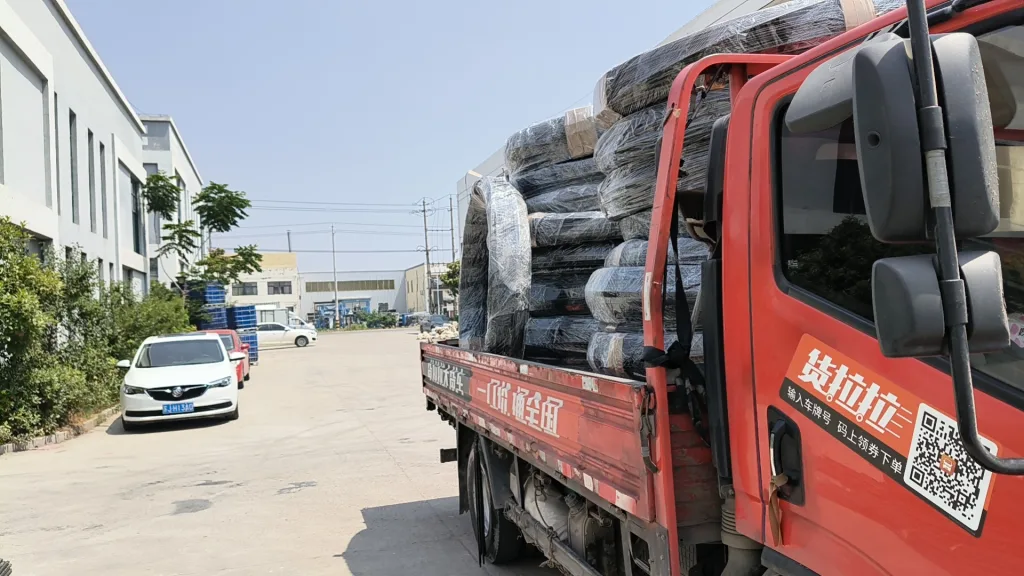
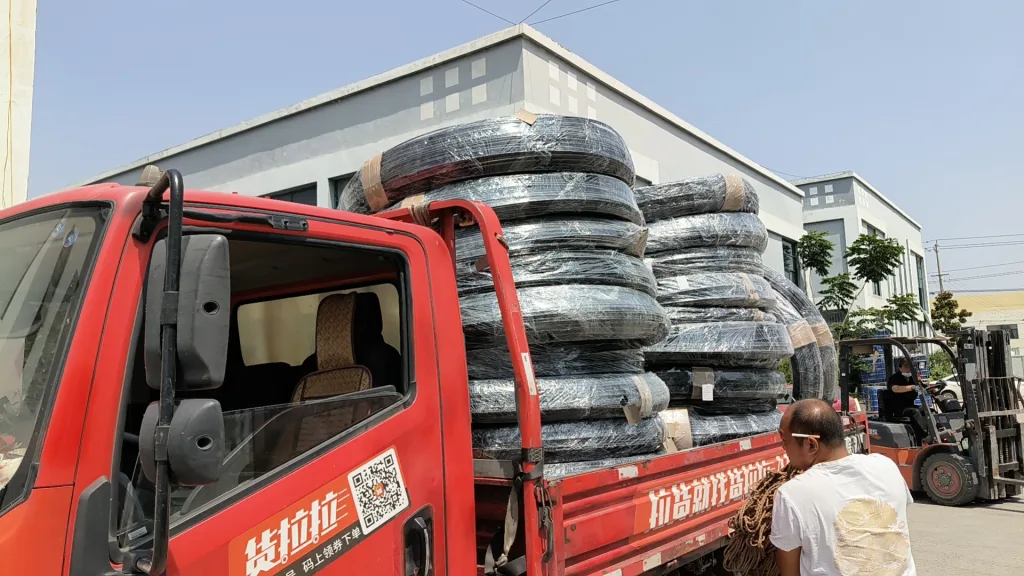
What Are Fiberglass Rebar Rolls?
Fiberglass rebar rolls are made from glass fibers and a resin matrix, forming a composite material that is both strong and flexible. Unlike traditional steel rebar, which is heavy and prone to corrosion, fiberglass rebar offers a lightweight, non-corrosive alternative that is ideal for a variety of construction needs.
Key Benefits of Fiberglass Rebar Rolls
1. Corrosion Resistance
One of the most significant advantages of fiberglass rebar is its resistance to corrosion. This makes it an excellent choice for structures exposed to harsh environmental conditions, such as coastal areas, bridges, and marine structures.
2. Lightweight
Fiberglass rebar is significantly lighter than steel rebar, making it easier to transport and handle on the job site. This can lead to reduced labor costs and faster installation times.
3. High Tensile Strength
Despite being lightweight, fiberglass rebar has a high tensile strength, providing robust reinforcement for concrete structures. It ensures that buildings and infrastructures are strong and durable.
4. Flexibility
The flexibility of fiberglass rebar rolls allows them to be easily shaped and fitted into complex designs, making them ideal for a variety of applications where traditional rebar might be challenging to use.
5. Non-conductive and Non-magnetic
Fiberglass rebar does not conduct electricity and is non-magnetic, making it suitable for use in sensitive environments such as MRI rooms and electrical substations.
Applications of Fiberglass Rebar Rolls
Fiberglass rebar rolls are versatile and can be used in numerous construction applications. Here are some of the most common uses:
1. Infrastructure Projects
Fiberglass rebar rolls are perfect for infrastructure projects such as bridges, tunnels, and highways. Their corrosion resistance ensures longevity in structures exposed to the elements and de-icing chemicals.
2. Marine Construction
In marine environments, where steel rebar would quickly corrode, fiberglass rebar rolls provide a durable alternative. They are ideal for docks, seawalls, piers, and other structures exposed to saltwater.
3. Residential and Commercial Buildings
For residential and commercial construction, fiberglass rebar rolls offer a lightweight and flexible reinforcement option. They are particularly useful in foundations, walls, and floors where reducing weight without compromising strength is beneficial.
4. Precast Concrete Products
Fiberglass rebar rolls can be used in the production of precast concrete products such as panels, beams, and columns. Their lightweight nature makes them easier to handle during the manufacturing process.
5. Industrial Facilities
Industrial facilities often require non-conductive materials for safety reasons. Fiberglass rebar is an excellent choice for reinforcing concrete in these environments, including chemical plants and electrical substations.
6. Landscaping and Architectural Elements
The flexibility and ease of installation of fiberglass rebar rolls make them suitable for use in landscaping and architectural elements such as retaining walls, garden beds, and decorative concrete features.
Conclusion
Fiberglass rebar rolls represent a significant advancement in construction materials, offering a combination of strength, flexibility, and corrosion resistance that traditional steel rebar cannot match. Their versatility makes them suitable for a wide range of applications, from infrastructure and marine construction to residential and commercial buildings. As the construction industry continues to evolve, fiberglass rebar rolls are poised to play a crucial role in building the durable and sustainable structures of the future.

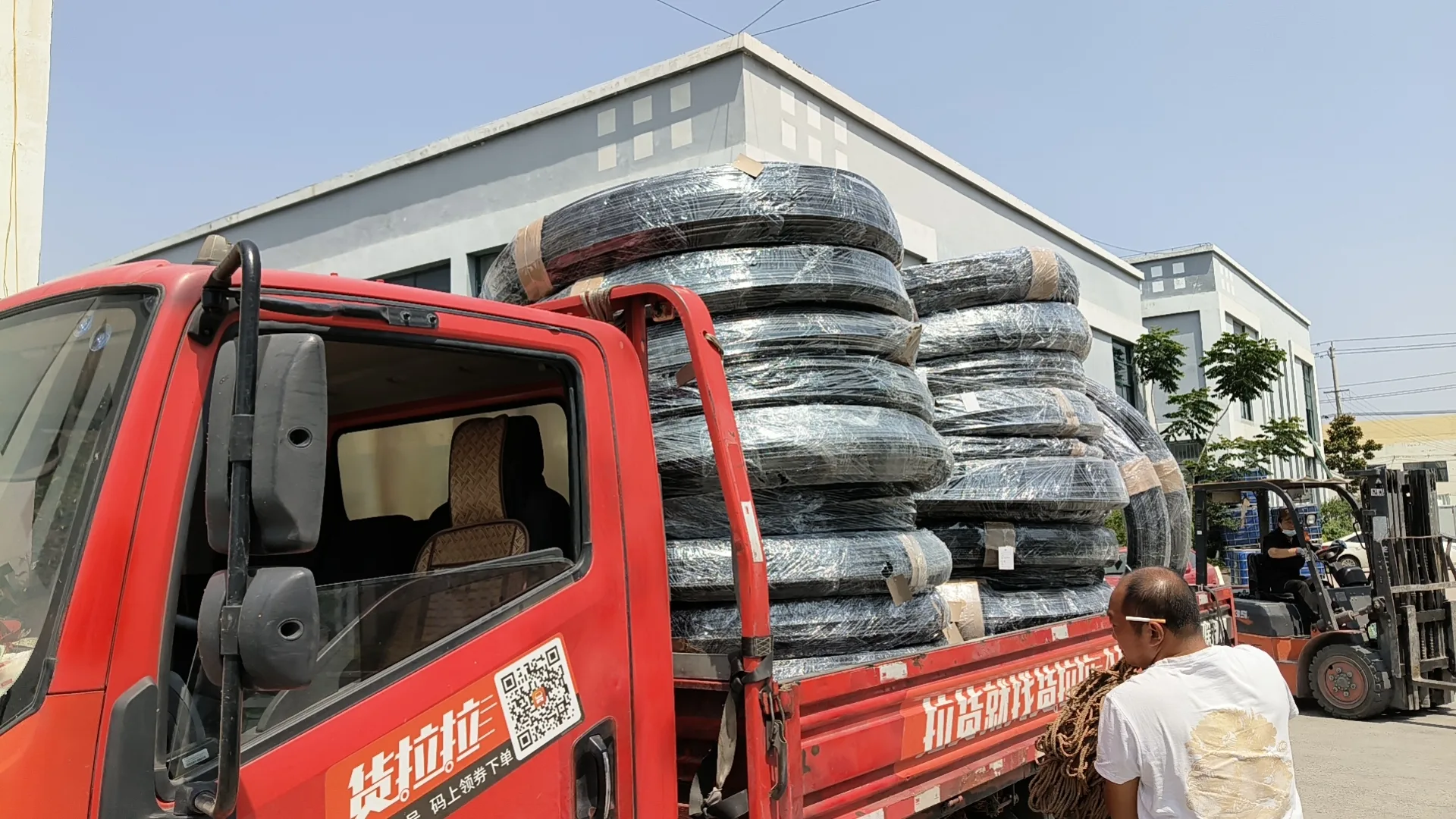
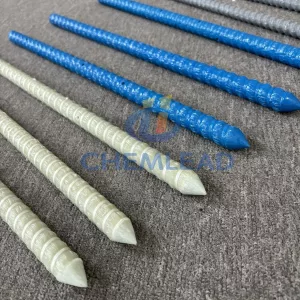
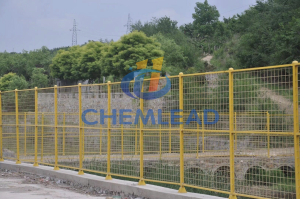
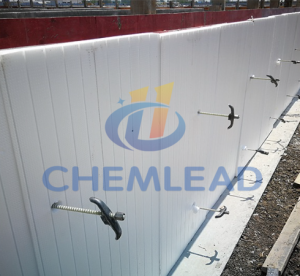
 Get Free Quote Now! Don’t Hesitate!
Get Free Quote Now! Don’t Hesitate!